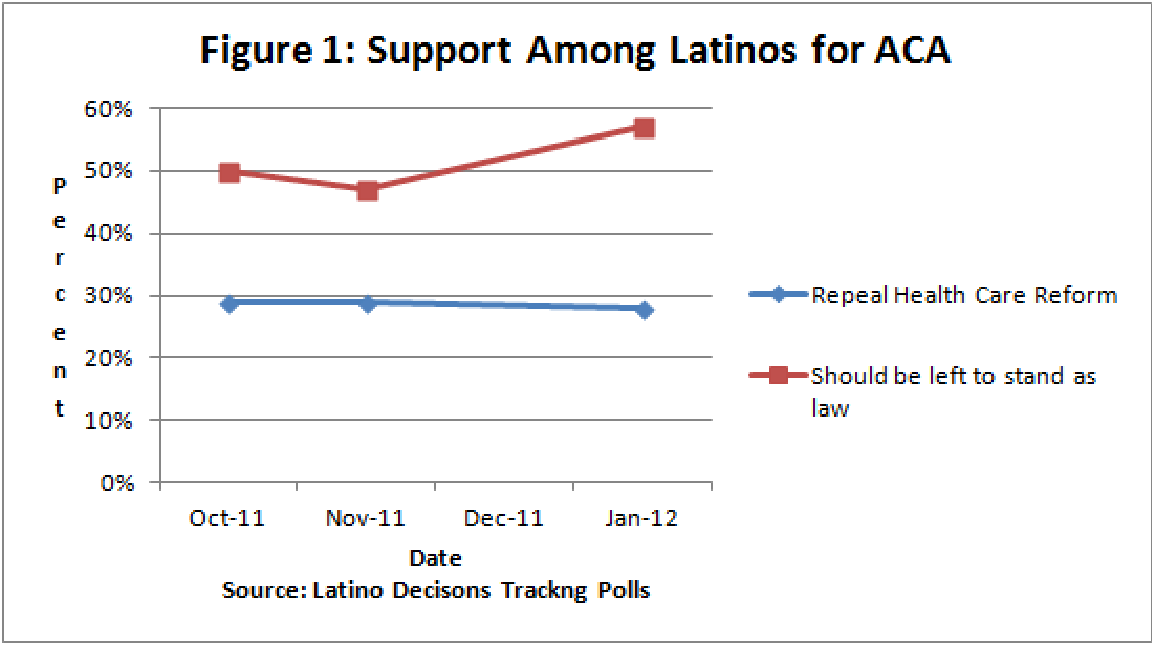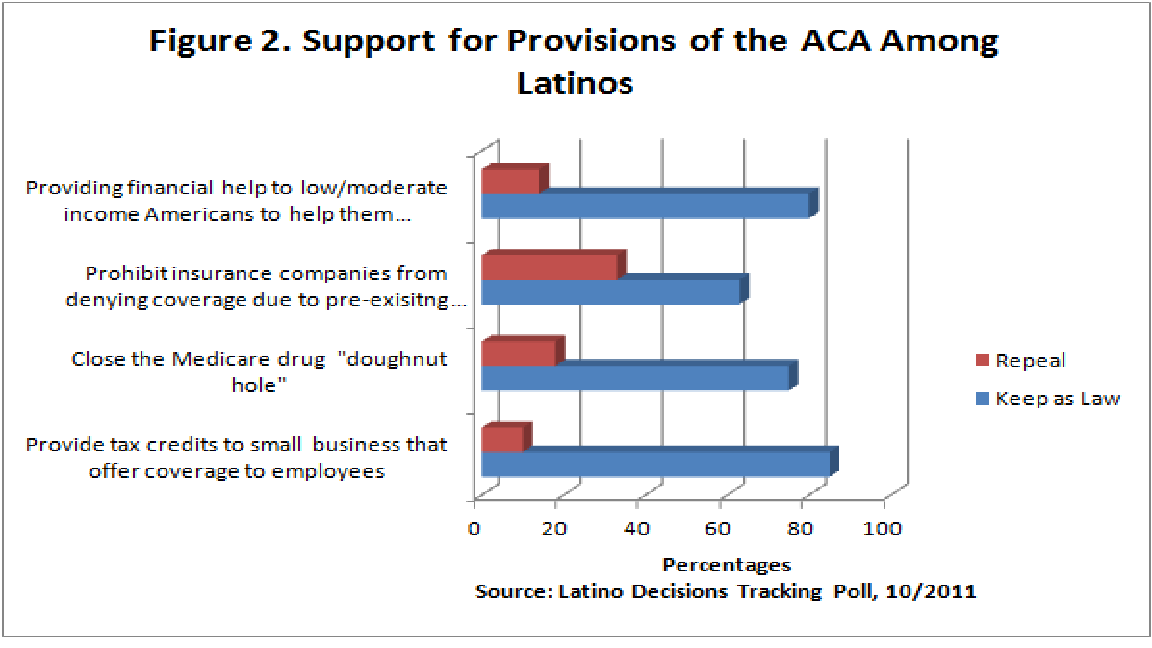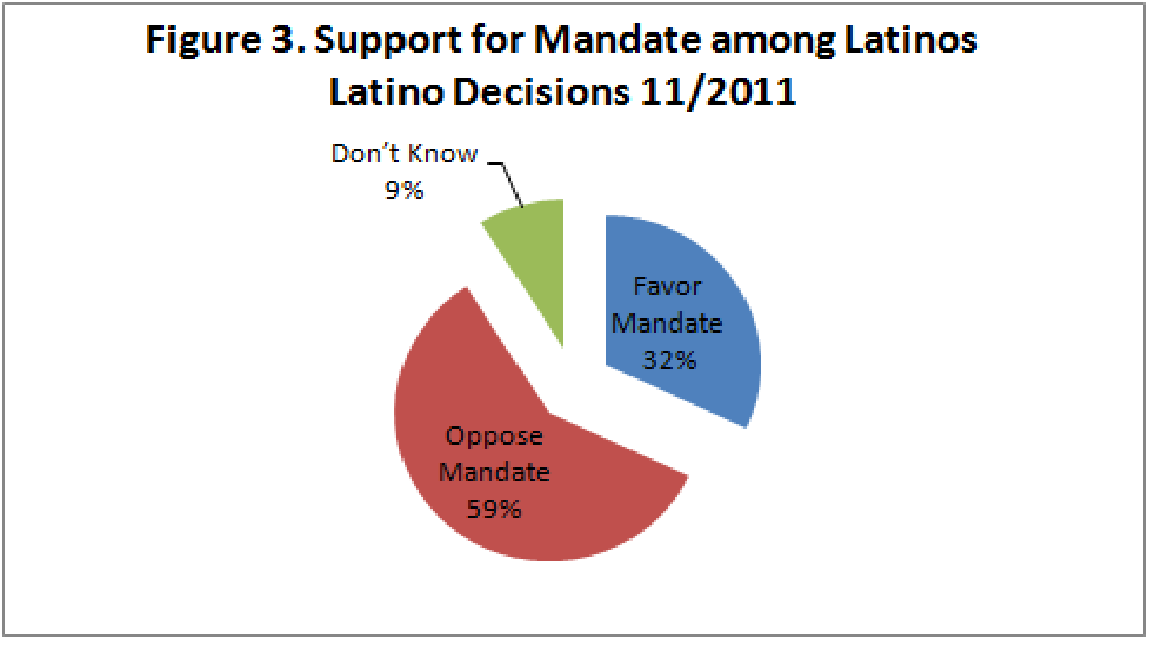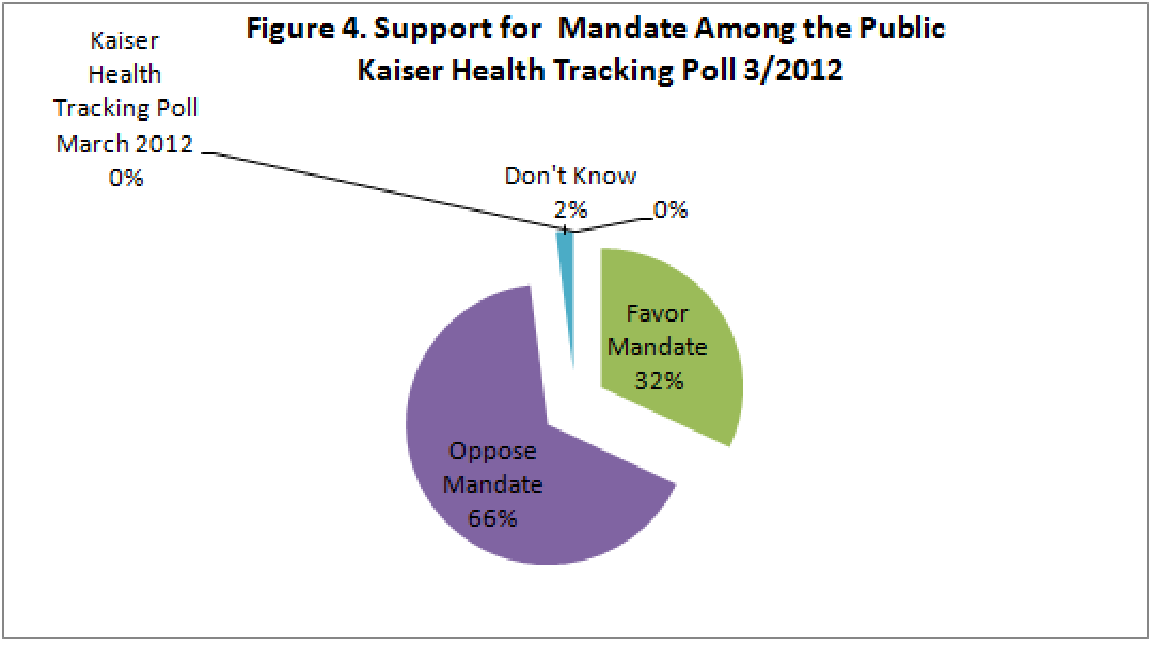By Jillian Medeiros, Assistant Professor of Political Science, University of New Mexico
This week the Supreme Court has been debating the constitutionality of the Affordable Care Act, passed by President Obama’s administration. The purpose of this blog report is to discuss the specifics of what the Court is deciding, as well as the implications their decision has for Latinos.
The main issue being debated in the Supreme Court is the constitutionality of the individual mandate. This part of the Affordable Care Act (ACA) will require that everyone purchase health care in 2014, or pay a tax penalty that is about $2,085 per family or 2.5% of your household income (whichever is greater). Proponents of the ACA argue that Congress is within its rights under the Commerce Clause of the Constitution to compel Americans to buy health insurance. Supporters of the health care reform bill argue that the courts have ruled that Congress can regulate interstate economic activity, that health care transactions are a substantial part of the U.S. economy, and that the mandate is within Congress’ power to tax. However, critics of the ACA argue that the government can’t force citizens to engage in economic activity, in short that the government can’t force citizens to buy private goods and services (in this case health care).
The second factor that the Supreme Court will debate is that if the mandate is declared un-constitutional, should other parts of the ACA survive? The main provisions of the Affordable Care Act that will be affected by this is that it will be difficult to require insurance companies to take people with pre-existing conditions and to limit their premiums if the risk pool is smaller due to the lack of the individual mandate. The mandate allows the risk pool to be large, and consequently the costs for the insurance companies should decrease. However, if the mandate is stripped from the bill, the risk pool will shrink, costs will go up, and it will be increasingly difficult for insurance companies to cover people with pre-existing conditions. In short, without the mandate, the heart of the ACA will be unlikely to survive. Finally, the Supreme Court will debate if the expansion of Medicaid to all low-income people in 2014 (adding about 16 million new people to Medicaid in 2014) is an unconstitutional federal government coercion of the states.
What does this mean for Latinos? Where do they fit into the debate?
Latinos lack health insurance at the highest rates of any minority group. In 2010, 30.7 percent of the Hispanic population was not covered by health insurance, compared to 11.7 percent of the non-Hispanic White population. The ACA is projected to expand insurance to 9 million Latinos. Since insurance is the primary access barrier to health care for Latinos, the new health care reform bill is especially critical for the Latino community. The significance of the ACA has not been lost on Latinos, since a majority of Latinos feel that the health care reform bill should stand as law and NOT be repealed. In fact, since Latino Decisions started collecting data in October 2011, on average 51% of Latinos have supported the ACA. Also, the percentage of Latinos who want to repeal health care reform has consistently been low; around 29% (See Figure 1). Thus, as the Supreme Court decides the fate of the health care reform bill, a majority of Latinos would like to see that the bill be left to stand as law.
Furthermore, a poll conducted by Latino Decisions in October 2011, found that overall Latinos are very supportive of specific provisions of the ACA. For example, 85% and 75% of Latinos feel that we should keep tax credits for small businesses so they can give their employees insurance, and keep the law that closes the Medicare drug “doughnut hole” respectively. Furthermore, 63% of Latinos feel that we should keep the law that will prohibit insurance companies from denying coverage because of a pre-existing condition, and 80% of Latinos feel that we should keep the law that provides financial help to low and moderate income Americans to help the purchase coverage (see Figure 2 Below)
Interestingly, however, when asked specifically about the mandate, a greater number of Latinos do oppose the mandate at 59%. However, as reflected in the tables below this is still lower than the general population, in which 66% opposed the mandate. Since a majority of Latinos do support keeping the law that prohibits insurance companies denying people based on pre-existing conditions, perhaps it is not clear to Latinos that getting rid of the mandate might cause this provision to crumble as well. Also, since the opposition to the ACA has been so focused on opposing the mandate, it could be that this media attention is driving these negative feelings toward the mandate not just for Latinos, but the general population as well (See Figures 3 and 4).
Overall, it is clear that Latinos support the ACA. Over time they have felt the law should stand as law (Figure 1), with support of the law reaching a high in January of 2012, with 57% of Latinos feeling that the health care reform bill should stand as law. Latinos also overwhelmingly support major provisions of the law, including support for low income Americans and access for people with pre-existing conditions. In addition, compared to the general population, fewer Latinos feel that the mandate should be repealed. The Affordable Care Act, in its entirety, is critical to the Latino population, and the significance of health care reform is clear to the Latino community. As a population that disproportionately lacks health insurance, 9 million Latinos will gain insurance under the law due to the mandate and the expansion of Medicaid. Moreover, health care costs are a major concern of Latinos. A Latino Decisions poll found that 45% of Latinos favor health care reform because they feel costs are out of control, and there is a need to make health care more affordable. (Latino Decisions Oct. 2009).
Currently the Supreme Court is debating the constitutionality of the mandate. However, much more is at stake here. The mandate is critical to keeping health costs low, and expanding health insurance to Latinos. Given that Latinos, like most Americans, are not supportive of the mandate, there is a need to better educate the population on how vital the mandate is to the overall law. Latinos are currently the largest minority group in the U.S. and are continuing to grow. Their health disparities will only continue to impact our nation in a negative manner if they are ignored. Thus, the Supreme Court is not just debating a constitutionality issue; they are debating the health of the nation.
Jillian Medeiros, Ph.D., is an Assistant Professor of Political Science at the University of New Mexico. She can be reached at: [email protected].
The commentary of this article reflect the views of the author and do not necessarily reflect the views of Latino Decisions. Latino Decisions and Pacific Market Research, LLC make no representations about the accuracy of the content of the article.





